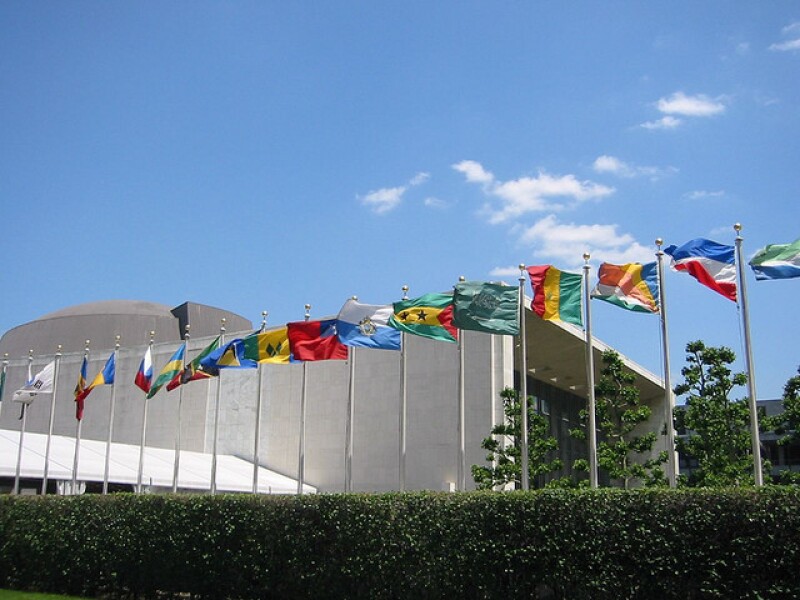Tian’s comments came in response to a question about the criticisms directed at China and its intellectual property from governments such as the US as well as private parties and former politicians.

|
Picture: www.WorldIslandInfo.com |
These criticisms and debates are not limited to the US and China; India has similarly been reproached by both the US government and the private sector for its patent policies. SImilarly, the Section 301 reports make a point of highlighting countries around the world that the US Trade Representative considers to be lacking in IP protection.
On the one hand, Tian’s sentiment makes a lot of sense – in his response, he emphasised that IP is a private property right, and one where disagreements should largely be constrained to the parties in dispute.
However, there are a number of reasons why it seems inevitable that intellectual property will remain politicised, and will likely become even more so at least in the foreseeable future.
The engine of growth
The first reason is the fact that governments are increasingly embracing the importance of intellectual property and innovation as a driver of sustained economic growth. While this is in many ways a positive development, especially for IP practitioners who may feel that they are finally having their day in the sun, it also means that intellectual property goes to one of the core responsibilities of governments, namely safeguarding a nation’s prosperity and well-being.
China’s National IP Strategy, which cites the importance of IP in the country's national development, is a good example of this. In the same vein, many defenders of India’s approach to patent issues place intellectual property in the context of the country’s development and its effect on access to medicines. The US also stresses the importance of IP for economic development; in his speech in favour of patent reform and increasing research funding, Barack Obama touted the importance of innovation as a key to maintaining the US’s competitive edge in international markets.
Identity politics
A second and related reason is that much like how IP is an important driver of economies, it is also becoming a pillar of national identity. In his speech at the Fordham IP Conference, stylised as an open letter to Abraham Lincoln, former USPTO director David Kappos alludes to a US culture of innovation. Tian’s remarks to Managing IP took on a similar note, saying that China’s booming patent numbers is evidence of a “burst of innovation developing here among the Chinese people” that taps into China’s long history and identity as a country of inventors and creators.
However, one problem is that appeals to the national character or interest can devolve into simplistic black and white categorisations of entire countries as friends and enemies, even though much of the discussion about IP often focuses on the benefits of international cooperation. And even when an IP dispute is between private companies, the rhetoric can get uncomfortably close to the line. For example, in the Samsung v Apple dispute, US District Court Judge Lucy Koh found that Apple’s counsel’s closing statement about the decline of American manufacturing in the face of foreign imitators were “troubling” and “clearly suggested an us-versus-them, American-versus-non-American theme to the jury”. Ultimately, Koh did not grant Samsung’s motion for a new trial, but noted in her order her “disapproval and disappointment in the comments”.
Still worth striving for
Despite the fact that IP may be inevitably tied to global politics and sometimes jingoistic rhetoric, it is still worthwhile to strive to make IP disputes into more mundane and pragmatic affairs between private properties arguing over their rights. Along those lines, Tian acknowledged as much that IP will likely always be seen through a political lens. In the end, while this may occasionally lead to distracting discussions more about flag-waving than actually working to improve IP protection, this may also be a positive in that it is a reflection of the growing importance of intellectual property.









